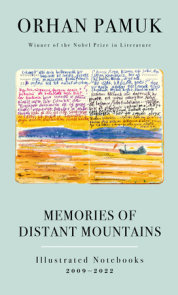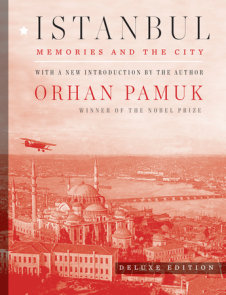

Nights of Plague
By Orhan Pamuk
Translated by Robert Finn
By Orhan Pamuk
Translated by Robert Finn
By Orhan Pamuk
Translated by Ekin Oklap
By Orhan Pamuk
Translated by Ekin Oklap
By Orhan Pamuk
Read by Amira Ghazalla
Translated by Ekin Oklap
By Orhan Pamuk
Read by Amira Ghazalla
Translated by Ekin Oklap
Category: Literary Fiction | Historical Fiction
Category: Literary Fiction | Historical Fiction
Category: Literary Fiction | Historical Fiction | Audiobooks

-
$19.00
Oct 17, 2023 | ISBN 9781984897619
-
Oct 04, 2022 | ISBN 9780525656906
-
Oct 04, 2022 | ISBN 9780593152843
1749 Minutes
Buy the Audiobook Download:
YOU MAY ALSO LIKE

The Rainbow
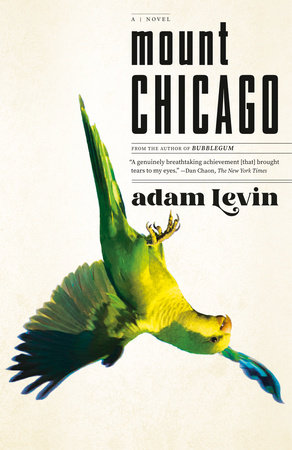
Mount Chicago
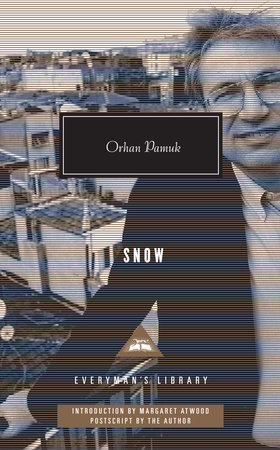
Snow
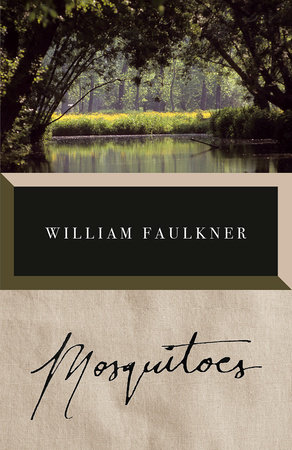
Mosquitoes

The Romantic

The Singularities
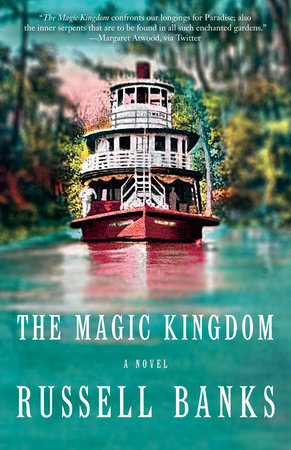
The Magic Kingdom
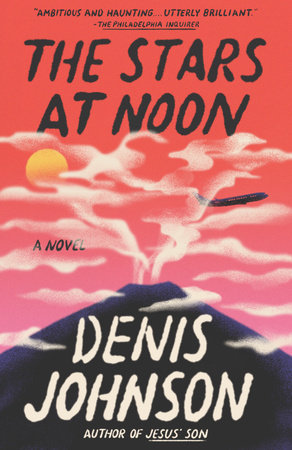
The Stars at Noon

Soldiers’ Pay
Praise
A New Yorker Best Book of the Year
“[Nights of Plague] effortlessly generates a set of resonances that the novelist could hardly have predicted when he started the book….Pamuk’s lovingly obsessive creation of the invented Mediterranean island of Mingheria, a world so detailed, so magically full, so introverted and personal in emphasis, that it shimmers like a memory palace, as if Pamuk were conjuring up a lost city of his youth, Istanbul’s exilic, more perfect alter ego. The effect is daringly vertiginous, at once floatingly postmodern and solidly realistic, something like Italo Calvino’s “Invisible Cities” crossed with the nostalgic re-creations of Joyce’s lost Dublin, or Joseph Roth’s vanished Austro-Hungarian Empire…Mingheria, as Pamuk conceives it, is an impossible Eden…a fantastical, fantastically beautiful place…the book is engrossing and easy to read. The result is strangely paradoxical: a big but swift novel, a novel about pain and death that is fundamentally light and buoyant.” —James Wood, The New Yorker
“Nights of Plague, Pamuk’s 11th — and longest — novel, is a real book about an imaginary place, Mingheria, an island in the eastern Mediterranean between Crete and Cyprus…Like William Faulkner, who provided a map of his fictional Yoknapatawpha County, Pamuk places a map of Mingheria (capital: Arkaz) at the beginning of his book…Like works by Albert Camus, Daniel Defoe and Alessandro Manzoni (whose “The Betrothed” provides an epigraph), this is a plague narrative, a record of Mingheria’s deadly yearlong ordeal…But “Nights of Plague” is also an origin story, an account of how a proud island nation achieved its sovereignty… A story that should resonate loudly with the current pandemic. . . . Thrilling.” —Steven G. Kellman, Los Angeles Times
“As it pivots between saga and satire, mystery and pseudo-history…[Pamuk] shows nous, charm and cunning as he keeps his bulky cargo afloat and on the move. If this generous hybrid of epidemic soap opera and novel of ideas has becalmed patches, it stirs the senses and flexes the mind. You will be sad to leave lavishly imagined Mingheria, where ‘a view of the sea and a trace of its scent’ can always ‘make life seem worth living again’.” —Boyd Tonkin, The Spectator
“One of the most interesting books I’ve read this year…[Pamuk] flout[s] the normal rules of storytelling…And yet none of these infringements of literary convention seems to matter much when set against the exuberance of Pamuk’s invention…a compendium of literary experiments, ludic, audacious, exasperating and entertaining.” —Lucy Hughes-Hallett, The Guardian
“Deftly blending rich realism and wry social commentary, Turkish Nobel laureate Pamuk…delivers an invented history that leverages the all-too-familiar experience of a deadly pandemic to return to one of his cherished topics: Ottoman bureaucratic and social reform…Pamuk is always a must-read, and the potency and timeliness of this novel will stir even more interest.” —Brendan Driscoll, Booklist (starred review)
“Consistently captivating … the cracking narrative will keep readers in for the long haul.” —Publishers Weekly
21 Books You’ve Been Meaning to Read
Just for joining you’ll get personalized recommendations on your dashboard daily and features only for members.
Find Out More Join Now Sign In








